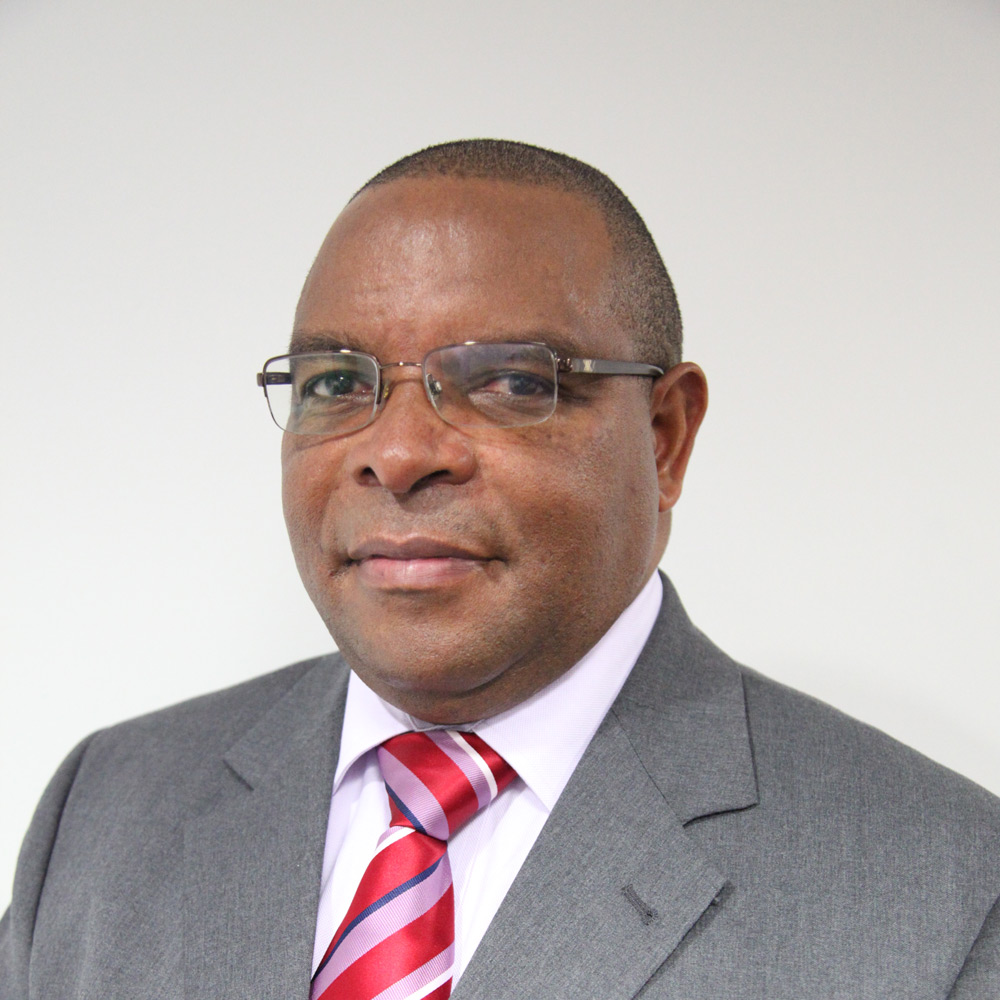The Bank of Zambia says there has been an increase in Quick Reference (QR) code based payments in the country, following growth in the usage of digital channels for the delivery of payment and financial services.
Speaking during the launch of the Zambia Digital Economy Diagnostic Report in Lusaka, Bank Governor Denny Kalyalya disclosed that the deployment of QR codes will help reduce the cost of digital payment acceptance, especially for small and mid-size enterprises (SMEs) and micro merchants.
Dr. Kalyalya stated that this will further spur the spread of Digital Financial Services to individuals and businesses at various levels and transition them into the formal segment of the financial sector.
He urged all stakeholders to focus on harnessing the potential of financial inclusion through scaling up the uptake of Information Communication Technology (ICT) as this offers immense opportunities for providing essential financial services to the people.
“In order to realize the full potential of digital financial services and increased financial inclusion, it is imperative for stakeholders to continue working together to overcome emerging challenges, notably, cyber security risk, identity theft, and the financial and technology literacy gap. We therefore need to institute stringent measures to safeguard the digital space, protect customer identity, and implement fully the National Strategy on Financial Education 2019-2025.”
And Dr. Kalyalya said the Digital Economy Diagnostic Report represents the World Bank Group’s commitment to its partners in Zambia and in moving the economy in the right direction, further thanking the Group for the support provided to Zambia over the years.
“The Digital Economy Diagnostic is a beneficial tool for assessing the impact of technology on our economy. We have no doubt that the report will provide policy direction to the Government through the financial sector regulators in order to achieve the shared vision of a digitally inclusive economy,” Dr. Kalyalya said.
Meanwhile, Dr. Kalyalya has disclosed that the number of active mobile money wallets has increased over time stating that as at end of 2016, a total of 6, 513, 725 mobile wallets were registered out of which 521,098 were actively transacting, representing 8% of the total registered wallets.
“As at end 2019, 14, 270, 705 mobile money wallets were registered and 4,852,040 were actively transacting, representing 34% of the total registered mobile money wallets.”
“On the whole, digital financial services have recorded significant growth, with mobile money payments posting an annual average growth of 126% in value from K2.07 billion processed in 2015 to K49.45 billion processed in 2019. Transactions through Point of Sale machines increased from K3.04 billion in 2015 to K20.09 billion in 2019. This represents a leap of 560% in values of transaction over a four-year period,” he disclosed.
Speaking at the same event, World Bank Group Country Manager Dr. Sahr Kpundeh said the Bank is happy to note that Zambia has made significant strides in its path to digital transformation over the past few years as progress is particularly evident in digital infrastructure, digital financial services, and digital platforms.
He said Zambia was joining several other countries across the continent that are being supported by the World Bank to achieve their digital transformation goals such as Kenya, Nigeria, Rwanda, Senegal and South Africa.
“I firmly believe that Zambia has the opportunity to build upon the rapid progress made in digital financial services to; ensure that payments to the poorest and most vulnerable reach them in time, and to streamline the payment processes at the borders such that trade can flow without delays.”
“Progress in these areas requires concerted efforts by multiple parties, and it will require investment in cyber security to ensure that as government and the private sector increase their reliance on digital payments, these are secure. This is one key area of the recommendations, where I believe Zambia has significant opportunity to make immediate progress,” he said.
Dr. Kpundeh said it was this hope that the recommendations of the Digital Economy Diagnostic Report will be useful in moving Zambia’s economic transformation to another level.
QR code based payments increase






